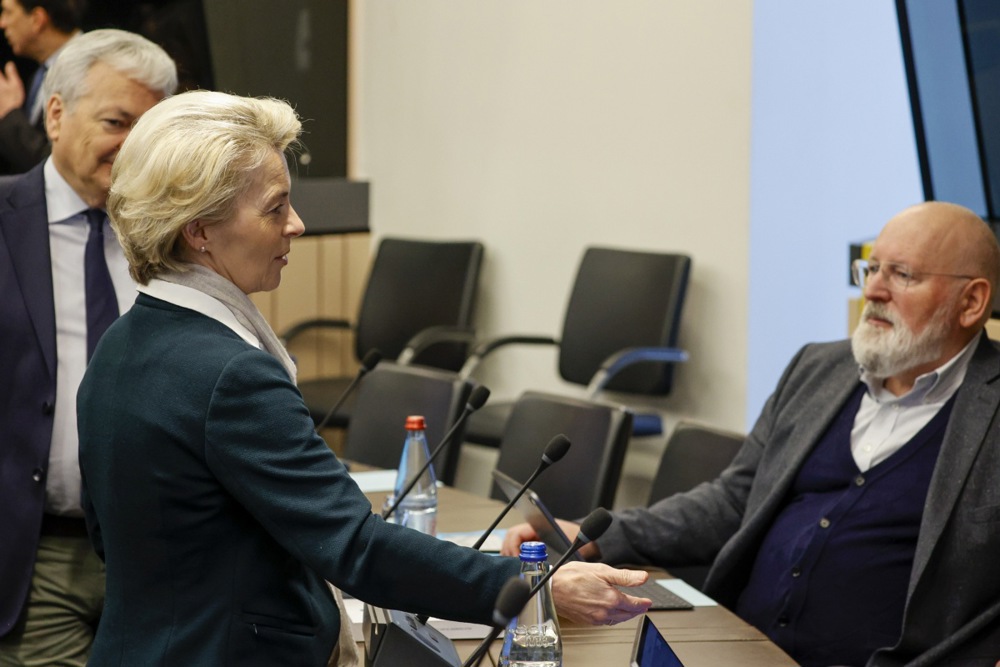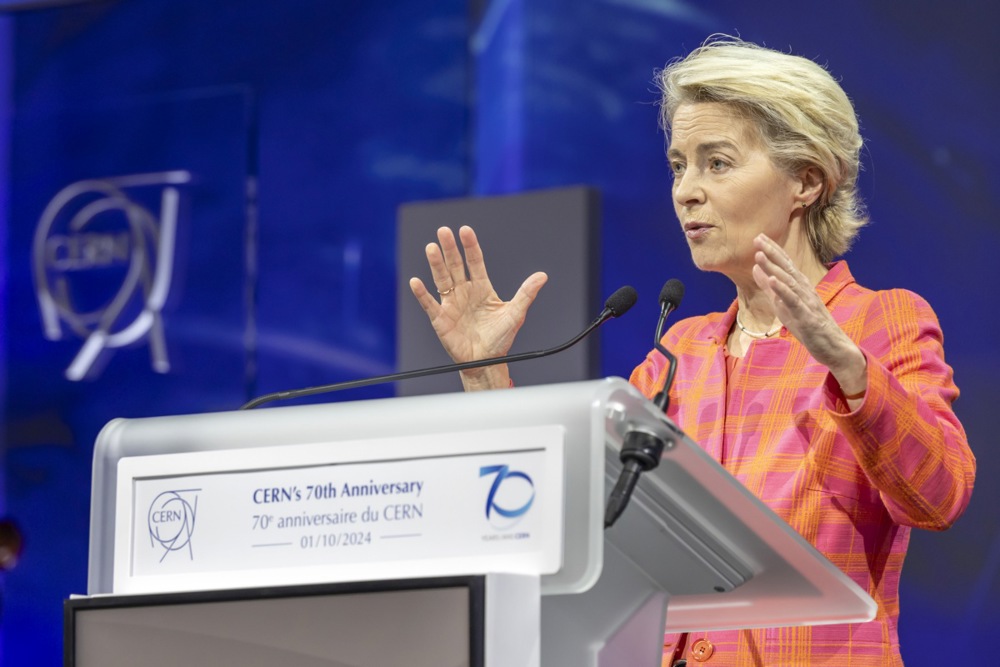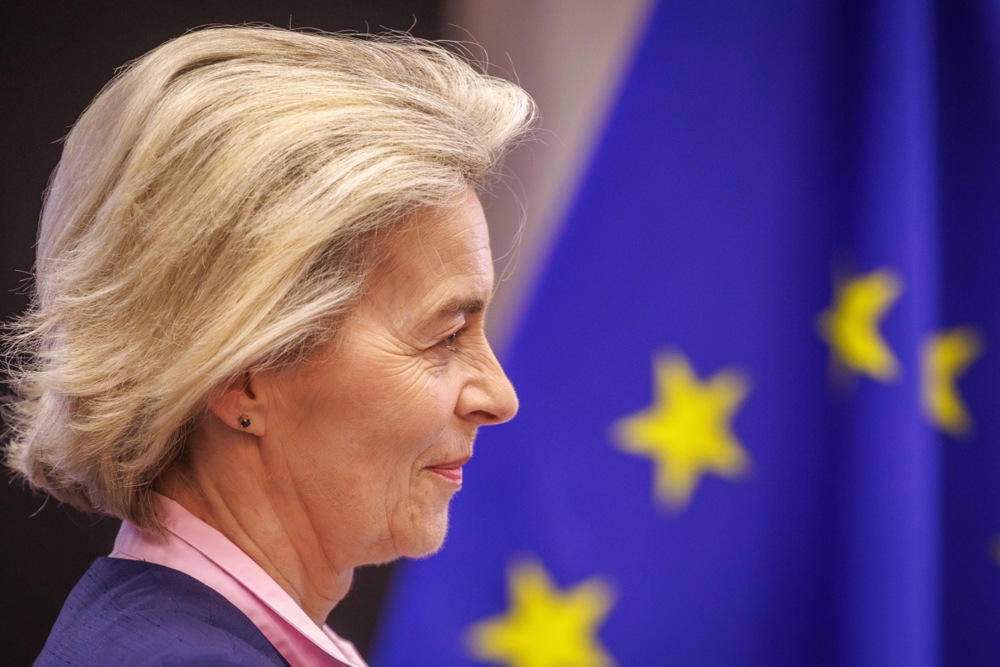NGOs had much more contact with the European Commission under Ursula von der Leyen, compared with her predecessor Jean-Claude Juncker.
Between 2019 and 2024, there were 2,747 meetings between the European Commission and NGOs, 200 more than under Juncker’s presidency, said the German news outlet table.media.
The news source analysed data available on Transparency International’s website integritywatch.eu.
The number of overall contacts with lobbyists fell by 19 per cent under von der Leyen, and there was a sharp decline in meetings with business representatives.
NGOs were able to influence such legislative proposals as the ‘Green’ Fit for 55 strategy, while other organisations pushing for a phase-out of internal combustion engines and energy transition were strongly represented in lobby meetings.
Von der Leyen’s first commission had eight per cent more meetings with NGOs than Juncker’s.
Former climate commissioner Frans Timmermans held meetings with such groups as the European Climate Foundation and the World Wildlife Fund (WWF)–which held the seventh-highest number of meetings with the European Commission, surpassing farmers and Meta.
WWF received several grants from the European Commission. For example, WWF’s European Policy Office received €625,000 for a programme.
According to WWF’s own annual report, it received €1,296,249 from the European Union & Public Sector Partnership (PSP) in 2023 alone.
Transport & Environment (or T&E), which advocates for a zero-emission transport and energy system, successfully pushed the EU to end sales of new combustion engine cars and vans by 2035.
Many car industry members regard the move as a death blow to the German car industry.
While the debate on de-industrialisation in Europe is raging, the European Commission is pumping bags of cash into research exploring regrowth and the “planned economy”. https://t.co/QQbG7fGNN5
— Brussels Signal (@brusselssignal) August 15, 2023
While the Commission’s percentage of meetings with NGOs rose from 15.9 per cent to 22.2 per cent, meetings with individual companies fell by 28 per cent, or 1,600 fewer meetings.
Business associations had 1,500 fewer meetings, or a decline of 31 per cent.
In total, individual companies and business association made up 62 per cent of meetings with the Commission, which was down from 67.5 per cent.
This gave NGOs substantial opportunity to influence the outcome of EC policies, said Table.Briefings.
Von der Leyen’s first term was marked by ‘green’ environmental goals, centred around the European Green Deal.
The European Commission has called for Europe to become the first climate-neutral continent by 2050.
It increased the 2030 carbon reduction target from 40 per cent to between 50 and 55 per cent compared to 1990 levels, and supported €1 trillion in climate-related investments by 2030.
However, the environmentalism came at a high price.
Farmers, believing they felt the brunt of the policies, began protesting across the EU in 2024.
High energy costs driven by Brussels policies caused a great deal of industry to move away from the continent, exacerbating an economic crisis.
Von der Leyen already indicated a course correction in the run-up to her second term, promising a Clean Industrial Deal which would be more in line with the needs of business and industry.
She also promised a new relationship with farmers, incorporating more dialogue and financial support and fewer administrative burdens.
The European Union has again been accused of handing cash to an NGO linked to the Islamist Muslim Brotherhood. https://t.co/MAeK9QWHky
— Brussels Signal (@brusselssignal) September 29, 2023





